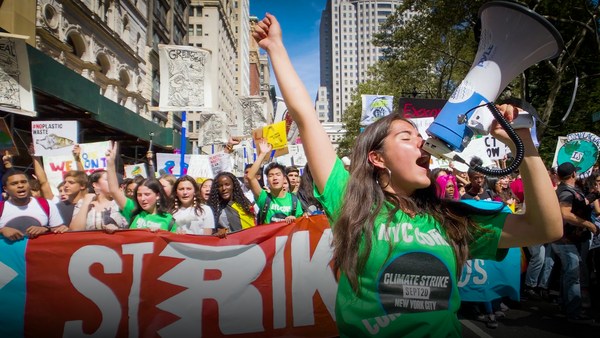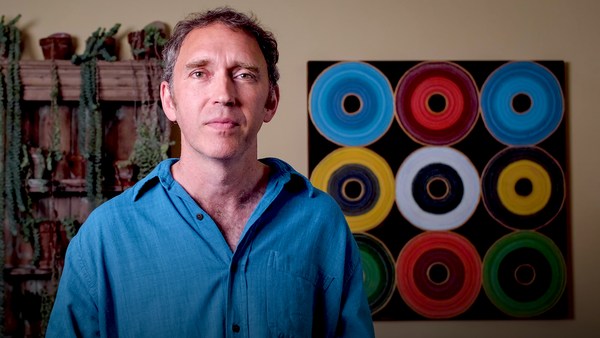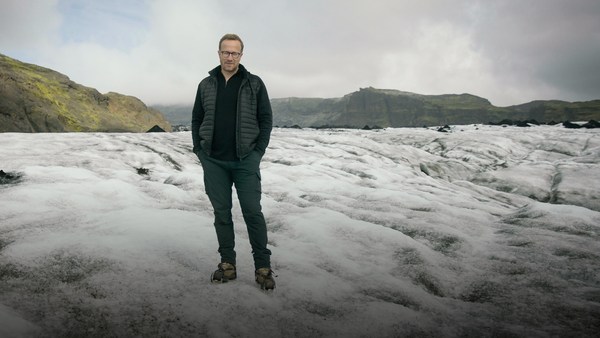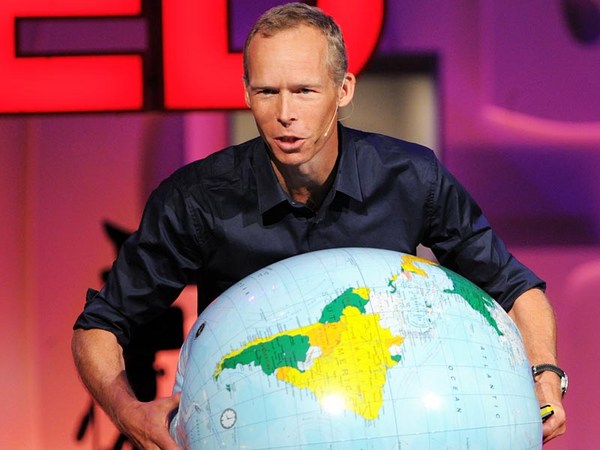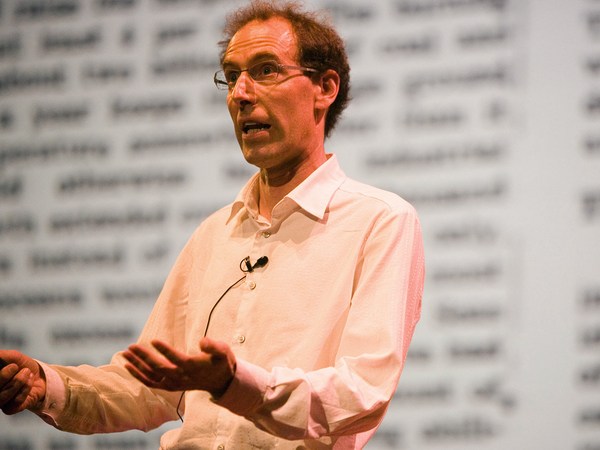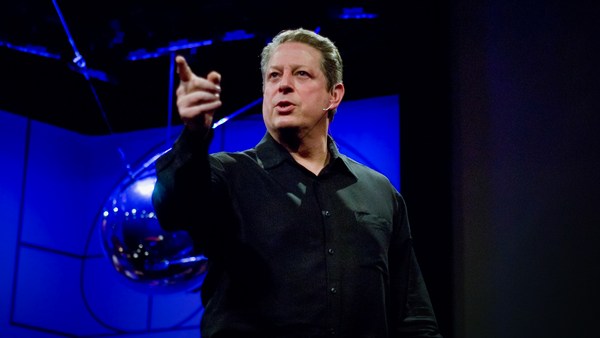(Video) Severn Cullis-Suzuki: I am here to speak for all generations to come. I am here to speak on behalf of the starving children around the world whose cries go unheard. I'm here to speak for the countless animals dying across this planet because they have nowhere left to go.
(Video) SCS: I am afraid to go out in the sun now because of the holes in our ozone. I'm afraid to breathe the air, because I don't know what chemicals are in it. I used to go fishing in Vancouver, my home, with my dad, until just a few years ago, we found the fish full of cancers.
SCS: A generation ago, I was that 12-year-old child. In 1992, I had five minutes to speak to the UN's Earth Summit in Rio de Janeiro. My friends and I had started an environmental club, and we'd traveled to this huge international meeting about environment and development to tell the adults they had to change their ways. That same year 1,700 scientists would issue the World Scientists' Warning to Humanity to tell us that humans and the natural world were on a collision course.
Much like Greta Thunberg and her peers today, we believed that decision-makers should be acting on science and facts. And the facts were telling us that we were headed for ecological collapse.
(Video) SCS: All this is happening before our eyes, and yet we act as if we have all the time we want and all the solutions.
SCS: Back then, climate change had been identified, but we had yet to really feel it. Today, almost 30 years later, climate change is no longer a prediction. It is here, and it happened far faster than even the experts predicted. We did not stop it. Today the work that we must do is about mitigation, trying to limit how bad it gets.
In 2015, in Paris, the world agreed to limit the planet's warming to one and a half degrees Celsius, as beyond that would pose too great a threat to human life. To meet this, we will have to cut our global emissions by half in the next 10 years.
(Video) SCS: I'm only a child and I don't have all the solutions, but I want you to realize neither do you.
SCS: Young people are always at the frontlines of any revolution. And it's young people who ask me, "What did your speech actually do? Why didn't the delegates actually listen?"
Well, looking back, I think that the delegates of the conference actually did listen, not just to me, but to the thousands of voices calling for change. If you look at the declarations, the documents that came out of Rio, they are radical. They include the UN's Framework Convention on Climate Change set up to stabilize greenhouse gas concentrations in the atmosphere and prevent dangerous interference with the climate system. Twenty-three years before the Paris Agreement, 154 countries signed this legally binding international agreement.
(Video) SCS: I'm only a child, yet I know we are all in this together and should act as one single world towards one single goal.
SCS: So, why didn't the world take action? Instead, governments focused on growing the economy, on business interests and of course, winning the next election. It shows a crisis in human governance, where our political systems make it impossible to act in long-term interests for the people and future generations.
Today it's 2020. Again we have the momentum. We have the Paris Agreement to limit the Earth's warming. We have youth and social justice demands. We have calls for divestment. We have calls for climate emergencies. We have the science, we have the solutions and we all are experiencing climate change. We are at a moment parallel to Rio. Now is the time to take action.
(Video) SCS: If you don't know how to fix it, please stop breaking it.
SCS: How do we ensure that this time we act on our words? History has shown us that in moments of crisis, society can truly transform. We've seen this in times of war, in times of economic collapse and in times of disease.
Today, we live in the time of COVID-19. We've seen governments and institutions across all sectors working quickly, working together. Humans like to think that we're in control of everything, but we have been reminded today that the laws of nature are the true bottom line. We've been reminded that science and expertise are crucial to our survival. COVID-19 has shone a light on inequity and revealed our prejudiced infrastructures. It is a warning. If we don't listen, if we don't change, next time could be far worse.
(Video) SCS: My dad always says, "You are what you do, not what you say." Well, what you do makes me cry at night. You grown-ups say you love us, but I challenge you, please, make your actions reflect your words.
SCS: That last sentence summarizes my entire speech at Rio. Please, make your actions reflect your words.
Today, I'm a mother, I have two little boys. Parents, I'm speaking to you. Our generation is determining the lives of our children. We have 10 years where we can still make a difference. We have 10 years to cut our emissions by half.
The way to truly love our children is to make our actions reflect our words.
Now it's time to get to work.
Thank you.
